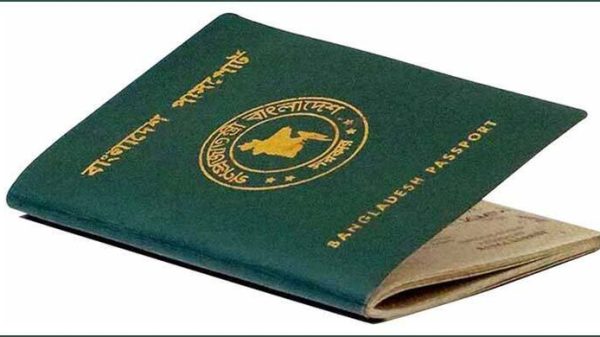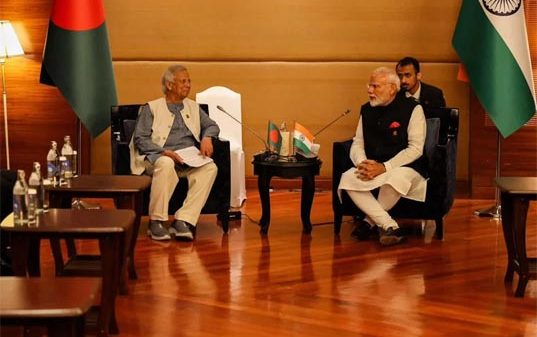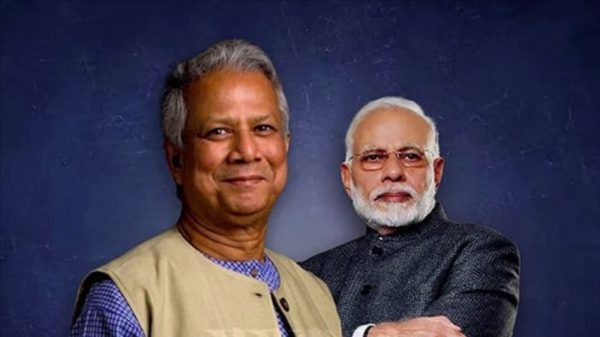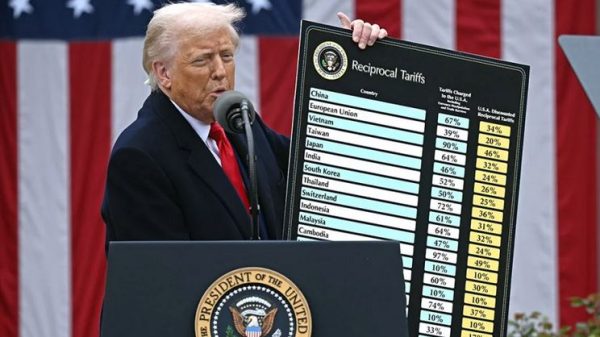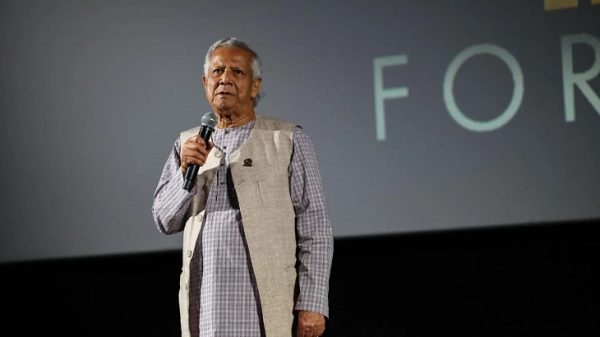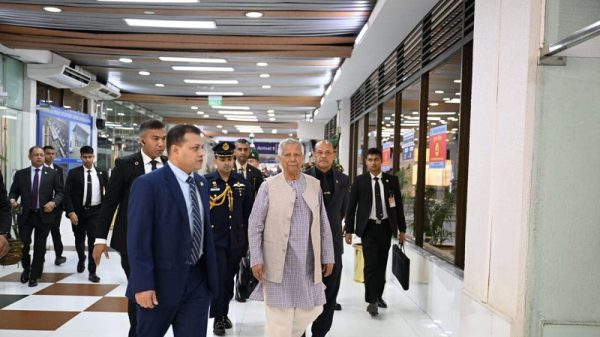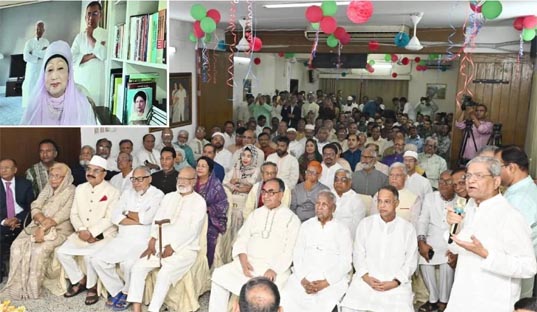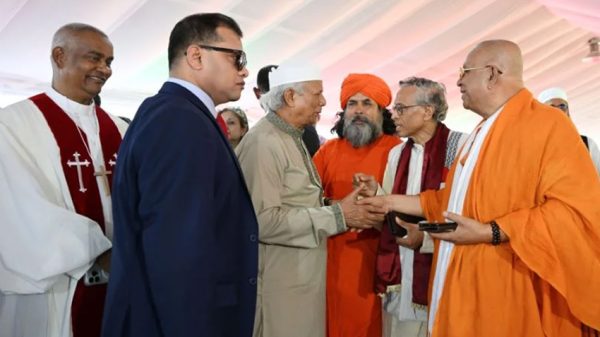‘Smart Bangladesh’ by 2041: Government undertakes 8 strategic initiatives

- Update Time : Saturday, 4 May, 2024, 01:01 pm
- 90 Time View
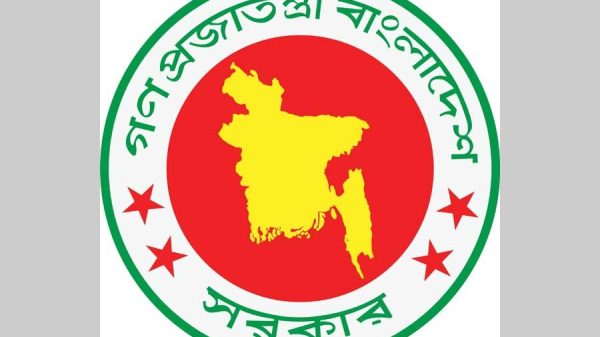
Online Desk: The government has undertaken eight strategic initiatives aimed at transforming Bangladesh into a cost-effective, sustainable, innovative, intelligent, and knowledge-based ‘Smart Bangladesh’ by 2041.
These initiatives are designed to enhance the ICT sector’s contribution to the GDP, expand digital services, and foster innovation across various domains.
Key Initiatives and Targets
ICT Sector Growth: The government aims for the ICT sector to contribute 20 per cent to the GDP by 2041. This ambitious target is part of a broader strategy to diversify the nation’s economic foundations.
Digitisation of Government Services: By 2041, 100 per cent of government services will be digitised, making them more accessible to the populace. This effort seeks to streamline processes and enhance the efficiency of public service delivery.
Boost in ICT Exports and Employment: The plan includes increasing ICT exports to USD 5.0 billion and expanding ICT employment to 3.0 million by 2025. Additionally, professional mentorship will be provided to 1,000 Bangladeshi startups by 2025 to nurture emerging entrepreneurs.
Innovation Hubs: Establishment of 10 innovation hubs within the top universities aims to stimulate creativity and technological advancement.
Startup Ecosystem: The goal to build at least five “startups valued at over USD 1.0 billion reflects the government’s commitment to fostering a robust startup ecosystem.
Specialised Labs for 4IR Technologies: Universities will host specialised labs focusing on cutting-edge technologies such as Robotics, AI, IoT, Big Data, Blockchain, and AR/VR, preparing students for future job markets.
Smart Digital Leadership Academy and 4IR Centre: These institutions will play pivotal roles in cultivating leadership and technical skills necessary for the Fourth Industrial Revolution.
Current Progress and Future Plans
With over two-thirds of Bangladesh’s population in the workforce, skill development and employment generation, particularly in the ICT sector, are high priorities. The government is actively transforming its large workforce to meet future market demands, as evidenced by the slight decrease in unemployment from 4.2 per cent in FY17 to 3.6 per cent in 2022, according to the Labor Force Survey 2022.
Prime Minister Sheikh Hasina recently highlighted that the unemployment rate is at three percent. Efforts to decrease this further include the Skills for Employment Improvement Program, implemented by the Finance Division, under which over 600,000 individuals have been trained.
Furthermore, the successful implementation of various initiatives has already facilitated employment for about 2 million people in fields ranging from IT freelancing to fintech and e-commerce, according to the official document ‘Medium Term Macroeconomic Policy Statement (2023-24 to 2025-26)’. The Bangladesh Hi-tech Park Authority is also working to convert over 60,000 youths into IT professionals by 2025, with 37,800 already having completed training programmes, the document added.
Looking Ahead
The ICT Division has formulated the “Smart Bangladesh: ICT 2041 Master Plan” centred around four pillars: Smart Citizen, Smart Government, Smart Economy, and Smart Society. These pillars are expected to guide Bangladesh to the next stage of development, leveraging the potential of the 4IR to achieve a smarter and more sustainable future.
The initiatives reflect a comprehensive strategy by the Bangladesh government to harness the power of digital technology and innovation, steering the country towards significant economic transformation and enhanced global competitiveness by 2041.

